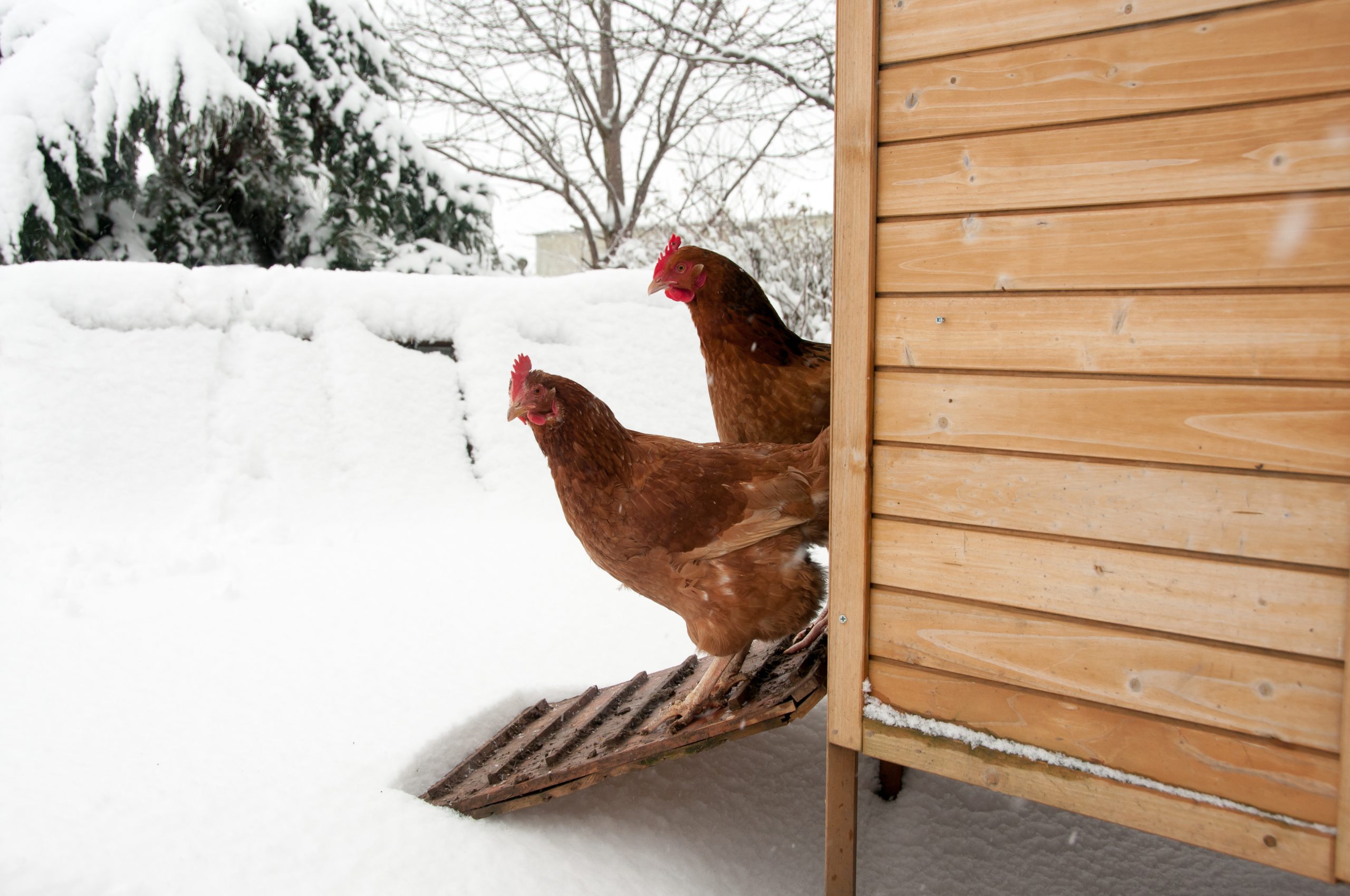
How to Prevent Frostbite in Chickens
2 December 2025 +Cold weather can be tough on backyard flocks, and frostbite is one of the most common winter challenges for chicken owners. Understanding what frostbite is, ...

Let’s dive into the essential practices for egg collection and storage to ensure you get the freshest and safest eggs from your flock. Here’s a detailed guide to help you manage your eggs effectively, including tips on what to do with extra eggs.
Hens typically lay one egg a day, usually in the morning. Depending on the size of your flock, you may need to check for eggs more than once in a 24-hour period. Frequent checks are encouraged to prevent eggs from being accidentally stepped on or soiled.
Steps for Collecting Eggs:
Eggs are naturally coated with a thin protective layer called a bloom, which helps protect the egg’s pores from bacteria. It’s important not to wash your eggs immediately after collecting them, as washing removes the bloom and makes the egg more vulnerable to bacteria.
Proper Cleaning Method:
Unlike store-bought eggs, your fresh eggs are coming in daily, so it’s important to track when each egg was laid. To ensure you use the oldest eggs first, consider storing your eggs in a dated carton or writing the collection date directly on the eggshell with a pencil.
Storage Tips:
If you find yourself with an abundance of eggs, here are some ideas on how to manage and utilize them:
By following these best practices for egg collection, cleaning, and storage, you can ensure your eggs remain fresh and safe to eat. Additionally, managing extra eggs effectively can help you make the most of your flock’s productivity. Happy egg collecting!
Related Blogs:
How Long are Farm Fresh Eggs Good For